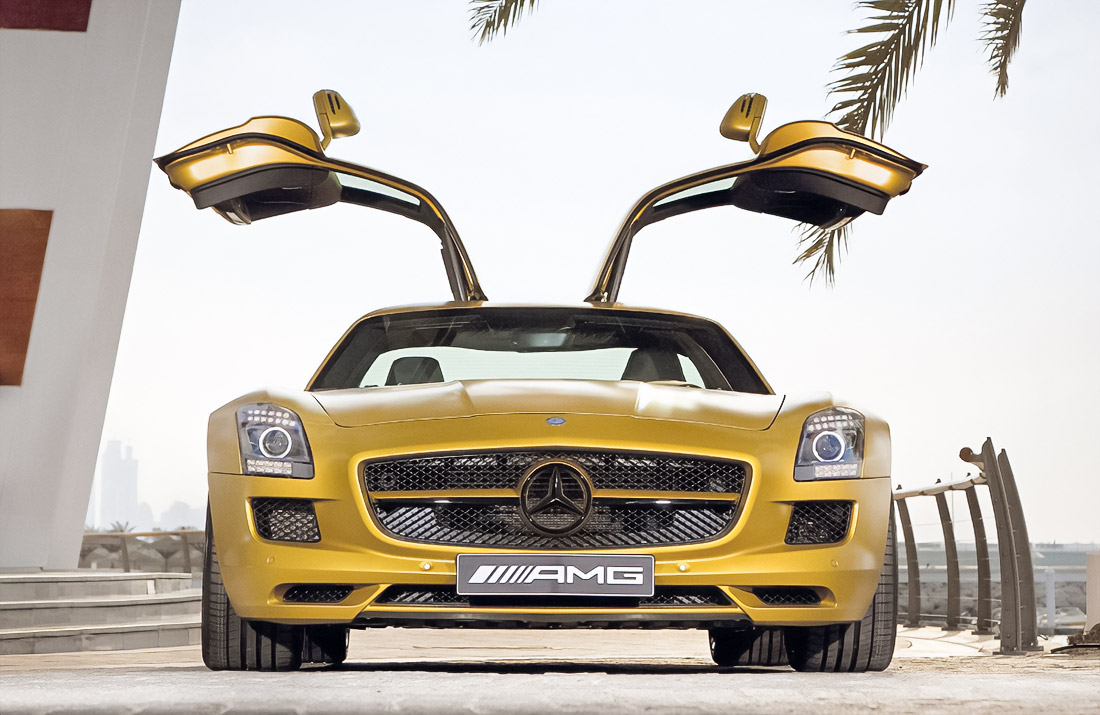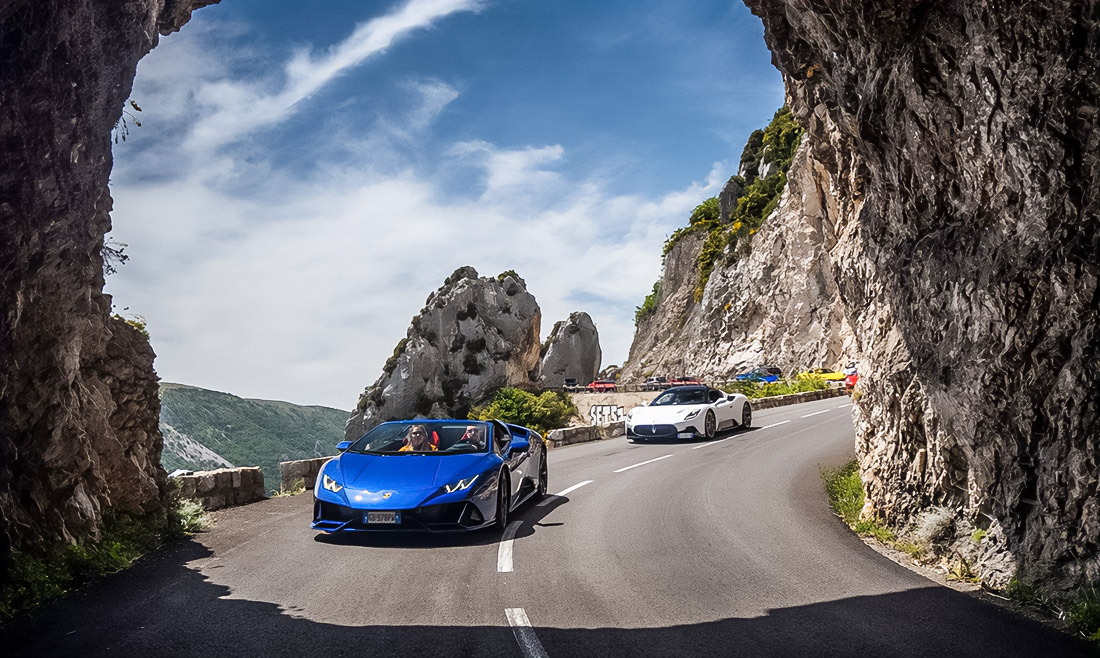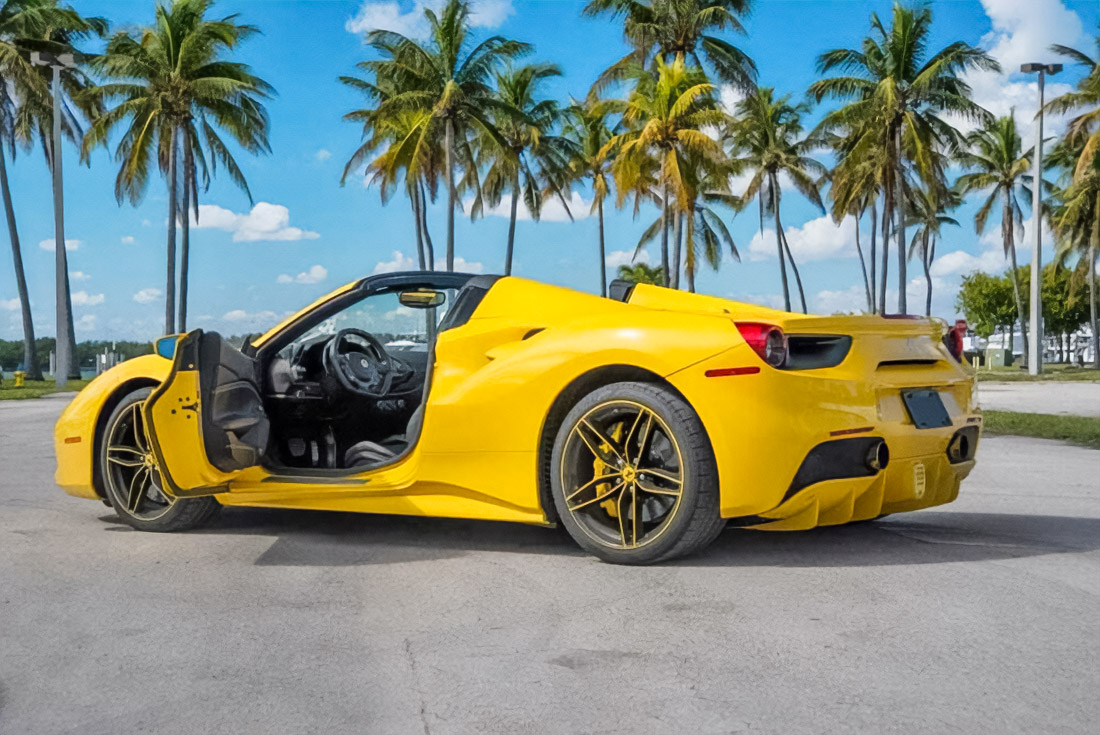An updated toll road system came into force in Dubai in early 2025. It replaced the usual fixed rate and introduced variable pricing, depending on the time of day. Now the fare varies depending on traffic: during peak hours, the fare is 6 AED, during off peak hours – 4 AED. At night, from 1:00 to 6:00, travel is completely free. A flat rate of 4 AED is set for Sundays, and special rules apply during Ramadan, taking into account the fasting schedule: a free corridor from 2:00 a.m. to 7:00 a.m., increased rates in the afternoon and reduced rates in the evening.
New Gates and Traffic Impact

To relieve the city’s arteries, new gates were introduced at Business Bay Crossing and Al Safa South on Sheikh Zayed Road. These toll collection points should redistribute traffic and reduce traffic jams by 42%. The forecast also indicates that traffic during peak hours may drop by 20%. For a city where more than 3.5 million cars travel daily, such changes are of great importance.
How Variable Pricing Affects Drivers

The variable pricing system creates an incentive to change your usual routes and plan trips based on schedule. Drivers traveling during the day or late at night really save money. Switching from peak hours to off-peak trips alone can reduce costs by 10 AED per week. Traveling together, using traffic monitoring apps, and planning routes based on new rules are all becoming part of daily practice.
Sustainable Development Goals

Special emphasis is placed on sustainable development. Owners of electric vehicles receive free tags for a period of five years, although the tariffs themselves remain. These measures are pushing for an increase in the share of eco-friendly transport: the goal is to reach 30% of the fleet by 2030. The new gates are equipped with solar technology, and the traffic analysis system allows you to adjust the load in real time. The fewer the traffic jams, the lower the emissions, cleaner the air and more comfortable the urban environment.
Social and Cultural Adjustments

The flexible structure takes into account social and cultural characteristics. Adjustments are being made during Ramadan to provide free hours for morning trips and convenience in the evening. Fares do not decrease on public holidays, but the rules of travel remain transparent. At the same time, new parking fees are being introduced in areas of mass events up to 25 AED per hour, which reduces the load at key sites.
Comparison With the Old System

A comparison with the old model clearly shows the difference. Previously, the driver always paid 4 AED, regardless of the time of day. Now the system is stimulating the transfer of trips and thereby regulates flows. This approach is also practiced in other metropolitan areas Singapore, London, and New York have long used variable tariffs. Dubai has adopted the best practices, but adapted them to local conditions and goals.
What This Means for Residents and Visitor
As a result, the new system changes the behavior of drivers. Some choose night trips, while others plan things for Sunday, when a flat rate is in effect. Electric car owners get additional benefits. Drivers accustomed to a fixed price have to adapt, but the benefits are obvious: freer roads, less congestion, and more opportunities for flexible movement.
For visitors arriving in the city, especially those looking for luxury car rental Dubai, these updates are just as important. Knowing when and where tolls apply helps renters enjoy smoother routes, reduce extra costs, and get the most from high-end driving experiences.
All these measures form a new rhythm of urban mobility, where every hour and every detail matters. The system encourages smarter planning, cleaner air, and safer roads, reshaping how residents and tourists alike experience Dubai’s traffic network.
Hockey fan, nature enthusiast, hiphop head, Eames fan and HTML5 Guru. Doing at the junction of aesthetics and programing to create great work for living breathing human beings. I work with Fortune 500 companies and startups.
